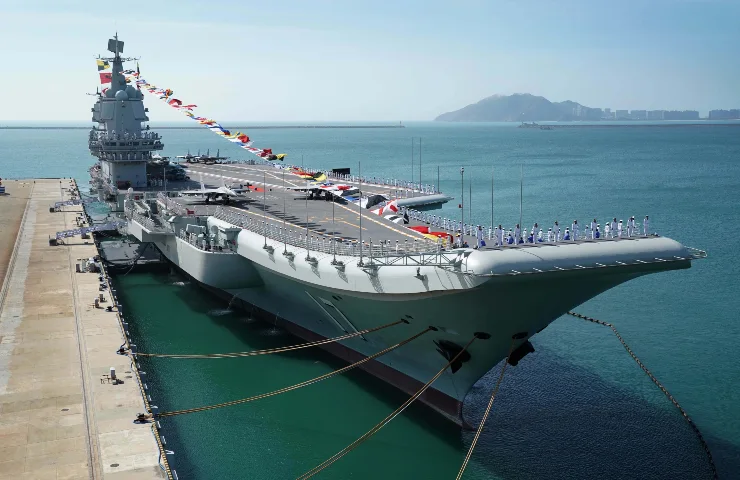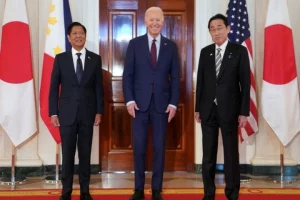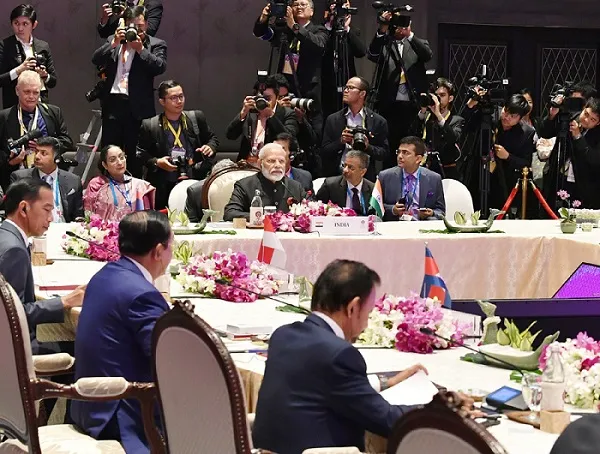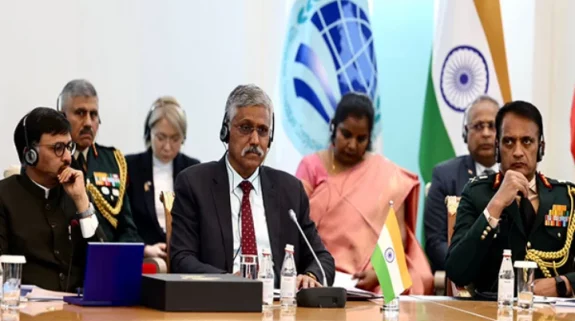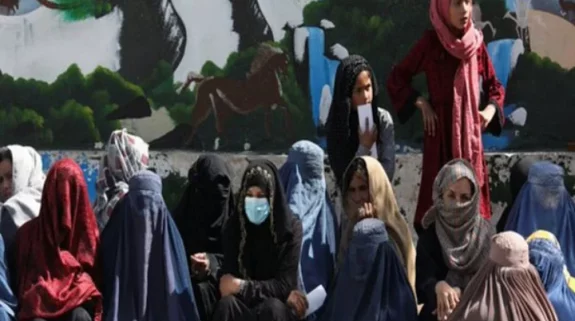China has asked Indonesia to stop oil and natural gas exploration near the Natuna islands in the South China Sea (SCS).
Though the Natuna islands lie in the Exclusive Economic Zone (EEZ) of Indonesia, China has sent its coast guard vessels in the area to mount pressure on the south-east Asian country. Beijing claims that the islands lie within its territorial waters—under the "nine-dash line".
Nikkei Asia reports that Indonesia has not made public the territorial dispute with China. But as a precautionary measure, it is strengthening air and marine defences around the Natuna islands. It has even trained local fishing boats to be on the lookout for Chinese vessels.
Indonesia even wrote to the UN in May 2020 rejecting China's historical claims in the region through the ambiguous nine-dash line maps. This is a policy that has been pursued by other south-east Asian countries like the Philippines and Vietnam. Beijing has, however, rejected the claims by all south-east Asian nations before the UN and other tribunals, instead claiming all of SCS as its own.
The tensions with Indonesia come right after news of Chinese coast guard vessels harassing Filipino civilian boats trickled in November. The boats were carrying food and supplies for the Philippines' military personnel based on the Ayungin Shoal in the SCS. Again, the Ayungin Shoal falls within Philippine EEZ but Beijing lays stake to these as well.
In his virtual conference with the south-east Asian nations, marking the 30th anniversary of ASEAN-China relations, Chinese President Xi Jinping had assured that Beijing will not bully its smaller neighbours. That assurance looks more like small talk from the mighty neighbour.
China has picked up territorial disputes with almost all countries in the region—Japan, Taiwan, the Philippines, Malaysia, Vietnam and Indonesia. It has also increased the frequency of violation of maritime territories of the countries by sending its various vessels into their sovereign waters.
China has found novel ways to flex its might in the region.
With increased Chinese military assertiveness, countries in the Indo-Pacific region are warming up to the US and have begun to hike their defence budgets. Japan has pushed up its defence budget for the eighth consecutive year, citing threat from China.
Tokyo's white paper on defence, published a few months back had identified China's rise as a threat to regional peace.
The US has increased its defence spending citing competition from the communist giant and its European allies have increased their presence in the Indo-Pacific with a view to curtailing China's influence in the region and asserting the right of freedom of navigation in the disputed waters.






